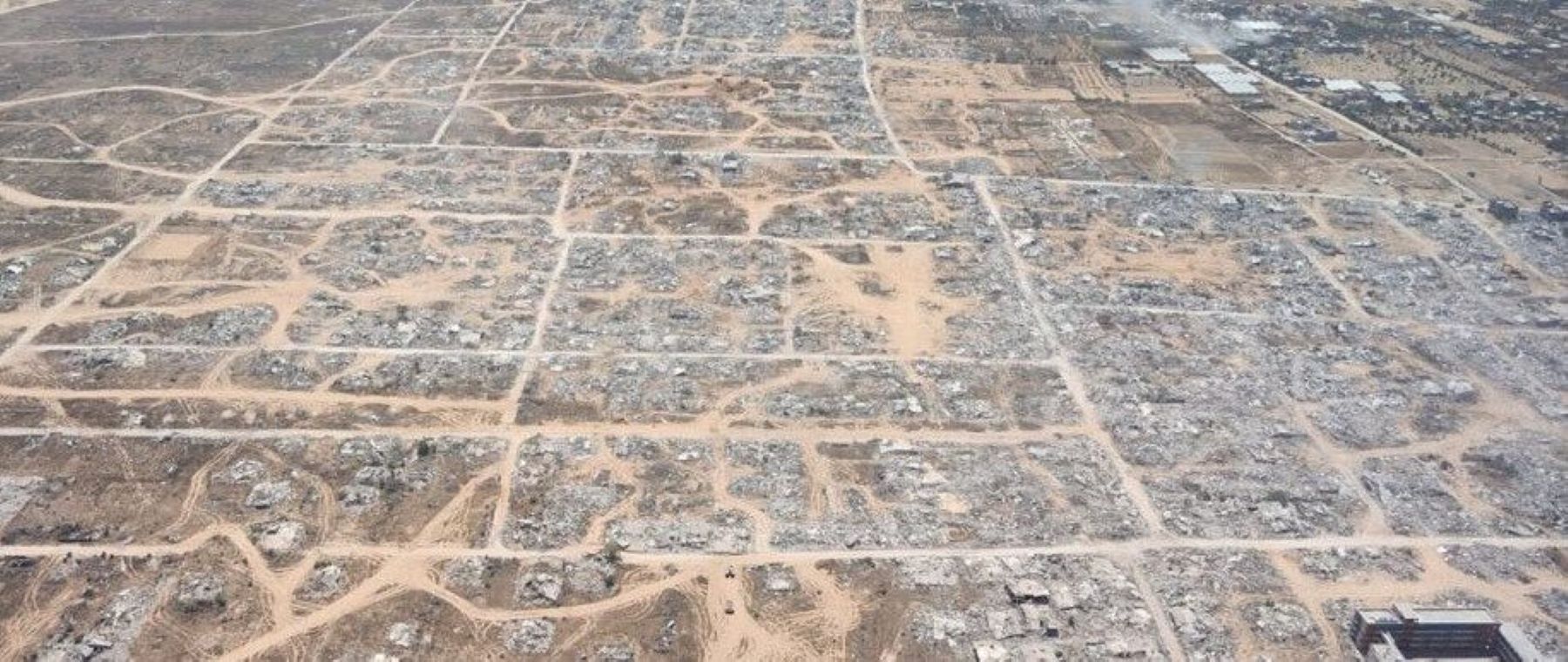The relatives of a dad who has been residing off the grid with his three kids in a secluded, forested location are urging him to return home. Officials and family members have shown serious worry regarding the safety and condition of both the children and the father, who has apparently avoided interacting with authorities for a long time. This continuing scenario has drawn interest from law enforcement, social services, and the wider community, emphasizing the difficulties associated with extended isolation in heavily wooded areas.
For several years, the father and his children have been living in conditions far removed from modern conveniences, relying on makeshift shelters, limited food sources, and the resources available in the surrounding environment. Reports suggest that the family has moved frequently within the forested area to avoid detection, making it difficult for authorities to establish contact or provide assistance. While the father’s motivations remain unclear, relatives emphasize that the children’s safety is the paramount concern.
The father’s relatives have often expressed their concerns about the possible dangers linked to extended seclusion. Residing in distant rural regions can subject children to threats like severe weather conditions, restricted availability of healthcare, food shortages, and possible interactions with wild animals. In a public announcement, family members urged him to focus on the well-being and protection of the children and to think about coming back home on his own, where they would be able to access assistance, medical services, and educational possibilities.
Family members emphasize the emotional effects on the children, pointing out that extended separation from friends, schools, and wider family can influence their social and mental growth. Supporters of the family are optimistic that by bringing their plea to the public, they might persuade the father to prioritize his children’s welfare and find a solution that protects them while reducing conflict with officials.
Law enforcement officials face significant obstacles in locating the family due to the dense forested terrain and the family’s knowledge of survival tactics. Tracking individuals in remote wilderness areas requires specialized resources, including aerial surveillance, search-and-rescue teams, and coordination across multiple agencies. Even with these tools, the vastness and complexity of the terrain make sustained efforts difficult, prolonging the period of uncertainty.
Officials stress that their main focus is to ensure the children’s safety, rather than penalizing the father. Although legal issues might arise, they understand the necessity of blending enforcement with actions that shield the vulnerable children from danger. This strategy typically includes discussions, proposing safe return possibilities, and supplying resources to aid in their integration back into the community.
Extended periods of isolation in the wilderness can have profound effects on both children and adults. Children may experience social deprivation, limited educational engagement, and psychological stress due to the lack of stable routines and interactions with peers. Adults living in prolonged isolation may face mental health challenges, heightened stress levels, and difficulties making rational decisions under pressure.
Experts in child development and psychology note that family reunification in such circumstances requires careful planning and support systems. Reintegration may involve counseling, healthcare evaluations, and educational interventions to address gaps in development and ensure the children’s overall well-being. Authorities and social services aim to approach the situation with sensitivity to prevent additional trauma while prioritizing safety.
The case has drawn public interest, with media outlets reporting on the father’s long-term evasion and the family’s ongoing efforts to reach him. Community members have expressed a mixture of concern, curiosity, and sympathy, recognizing the complexities of the situation. Social media coverage has amplified the family’s message, allowing relatives to reach a wider audience and appeal directly to the father’s sense of responsibility.
Public awareness plays a dual role: it can encourage voluntary return while also highlighting the potential dangers associated with prolonged survival in remote areas. Experts caution that extensive media attention can place additional stress on individuals involved, but it can also act as a catalyst for resolution if it motivates the father to consider alternatives that prioritize his children’s welfare.
While the father may face legal scrutiny for evading authorities, experts note that immediate concerns center on the children’s safety. Legal frameworks allow authorities to intervene when minors are at risk, but interventions are often designed to minimize confrontation and focus on providing support rather than punishment. Authorities may also offer assurances of limited legal repercussions in exchange for voluntary return, emphasizing cooperation and family reunification.
Las implicaciones legales se cruzan con preocupaciones sobre la seguridad, especialmente en relación con el acceso de los niños a atención médica, nutrición y educación. Garantizar que las necesidades básicas se satisfagan es prioritario, incluso antes de abordar las resoluciones legales. En estos casos, los tribunales, las agencias de protección infantil y las fuerzas del orden suelen trabajar juntas para crear planes completos para una reintegración segura y un monitoreo continuo.
Understanding the father’s motivations is complex. Some speculate that his decision to live in isolation may stem from distrust of authorities, personal beliefs about self-sufficiency, or concerns about the environment in which the children were living prior to going off the grid. Regardless of the reasoning, experts emphasize that solutions must address the practical realities of survival in the wilderness while encouraging a safe return.
Obstacles faced by the father might encompass anxiety about legal consequences, struggles to adapt to society’s expectations following prolonged seclusion, and worries about sustaining the family in a changed environment. Government bodies and social services strive to mitigate these issues by presenting options that alleviate perceived risks, extending support for lodging, job opportunities, and medical care, while guaranteeing an orderly setting that puts the children’s well-being first.
Negotiation and outreach remain central strategies for resolving the situation. Family members, social workers, and law enforcement continue to communicate in ways designed to build trust and reduce resistance. Emphasizing the well-being of the children, rather than focusing solely on legal consequences, may increase the likelihood of voluntary return.
Experts suggest that careful planning, combined with appropriate resources and support, can facilitate a smoother transition from isolation to structured living. This may include temporary accommodations, mental health support, and educational services to help the children reintegrate safely. The goal is to balance compassion with practical considerations, ensuring that safety and well-being are prioritized while minimizing disruption to the family unit.
Incidents involving extended family seclusion in remote wilderness regions prompt broader considerations regarding the well-being of children, survival abilities, and the balance between individual freedoms and community safety. These situations are regularly used by officials and lawmakers to analyze deficiencies in support networks, outreach methods, and the resources accessible to families opting for unconventional ways of living.
Public dialogue on the topic also underscores the conflict between personal freedom and collective accountability. Although adults can make their own decisions regarding lifestyle and independence, the well-being of children continues to be a public issue. Specialists stress that early involvement, communal assistance, and resource availability are essential to mitigating long-term dangers linked to isolation.
The current circumstances of a father residing with his three kids in dense forest areas emphasize the intricate issues of balancing individual liberty and the well-being of children. The family’s public outreach acts as a poignant reminder of the human aspects at play, bringing to light the emotional, mental, and practical difficulties that both the children and their parent encounter.
Authorities continue to prioritize safety and well-being, using negotiation and support-oriented strategies to encourage a voluntary return. Meanwhile, the broader community watches closely, reflecting on the challenges of survival, isolation, and the responsibilities inherent in parenthood. Ensuring a safe resolution requires cooperation, compassion, and a focus on protecting the most vulnerable, particularly the children, while addressing the practical realities of life off the grid.





